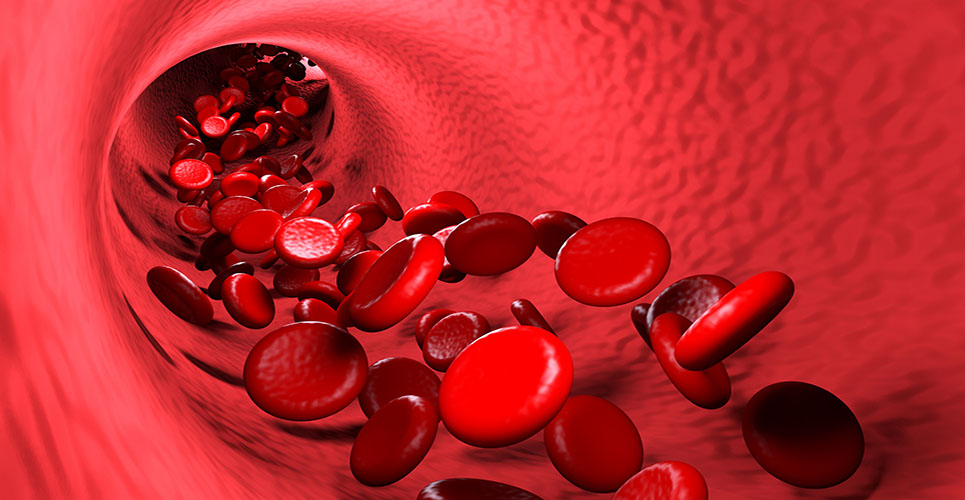teaser
Two pivotal Phase III trials evaluating Janus kinase (JAK) inhibitor INC424 (ruxolitinib) have suggested its importance for the treatment of myelofibrosis.
Results are to be presented this week at the 53rd Annual Meeting of the American Society of Hematology (ASH) in San Diego.
A post-hoc analysis from the COMFORT-II (COntrolled MyeloFibrosis Study with ORal JAK Inhibitor Therapy) study evaluated patient-reported health-related quality of life (HRQoL) measures for INC424 versus best available therapy (BAT).
The results showed a substantial improvement in HRQoL and myelofibrosis symptoms compared with baseline for patients receiving INC424 but remained the same or worsened for patients receiving BAT.
Results were based on a broad range of validated QoL instruments.
“Myelofibrosis is a life-shortening disease with symptoms that significantly compromise patients’ everyday lives,” said Claire Harrison, MD, Guy’s and St. Thomas’ NHS Foundation Trust, Guy’s Hospital, London, lead investigator for the COMFORT-II study.
“As a result, therapies that address the severe burden of myelofibrosis are urgently needed. Data from large Phase III studies continue to show INC424 alleviates the manifestations and associated symptoms of myelofibrosis, potentially representing a major advance.”
In the second Phase III study, COMFORT-I researchers evaluated INC424 versus placebo in symptom improvement and spleen volume reduction, as well as overall survival.
Results showed that patients receiving INC424 had higher response rates based on reductions in spleen volume and Total Symptom Score (TSS).
The TSS evaluated changes in symptoms, such as abdominal discomfort, pain under the ribs on the left side, early satiety, itching, night sweats and bone or muscle pain.
These benefits were consistent across all patient subgroups, including myelofibrosis disease subtype, age, risk group, presence or absence of JAK2 mutation, hemoglobin, spleen size and TSS.
In the COMFORT-I updated analysis, INC424 also demonstrated an overall survival advantage over placebo.
A total of 13 INC424 and 24 placebo patients died during the study or during extended follow up after median follow up of 51 and 52 weeks, respectively, representing a hazard ratio (95% CI) of 0.499 (0.254, 0.98) (p=0.0395). Survival was estimated by the Kaplan-Meier method.

